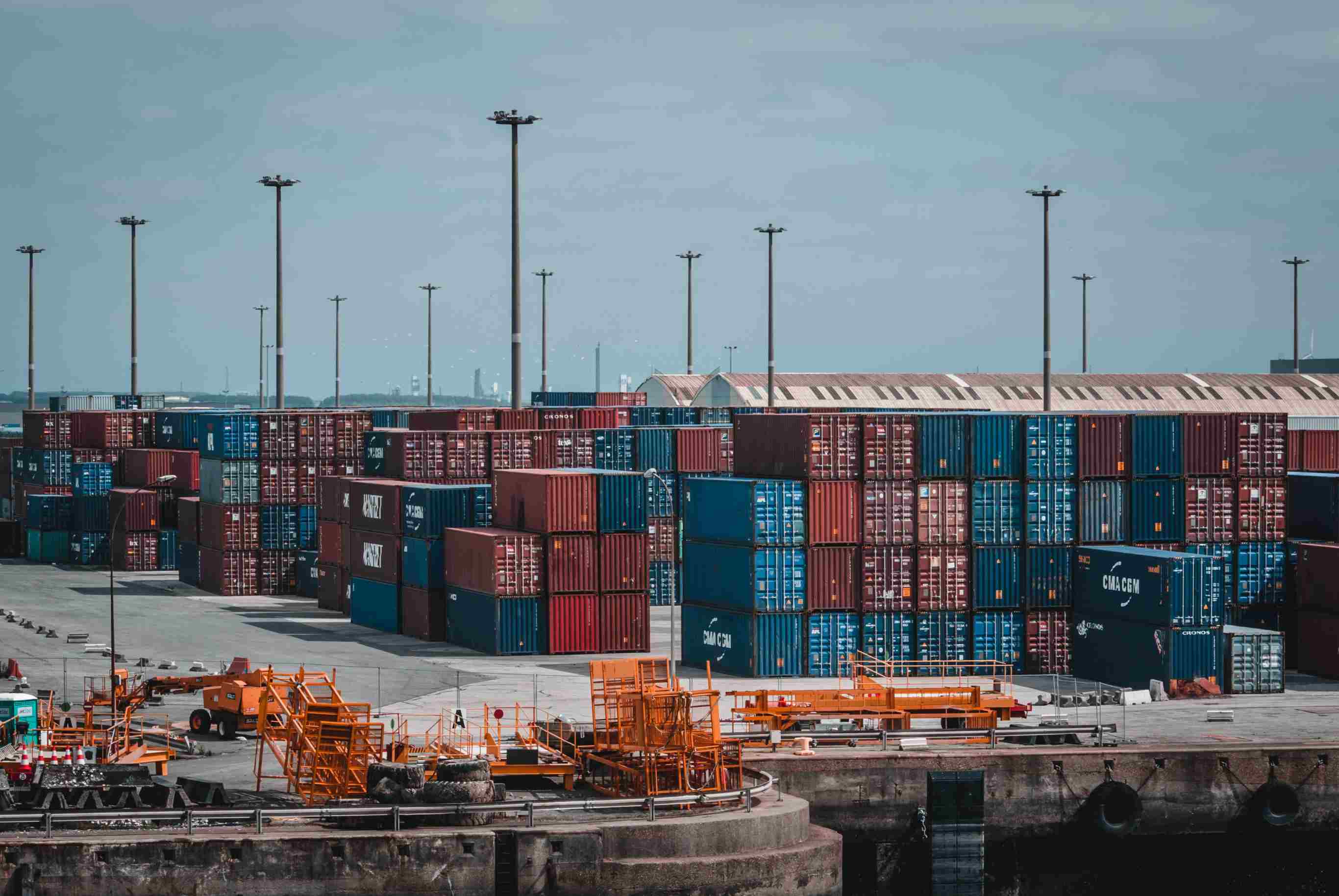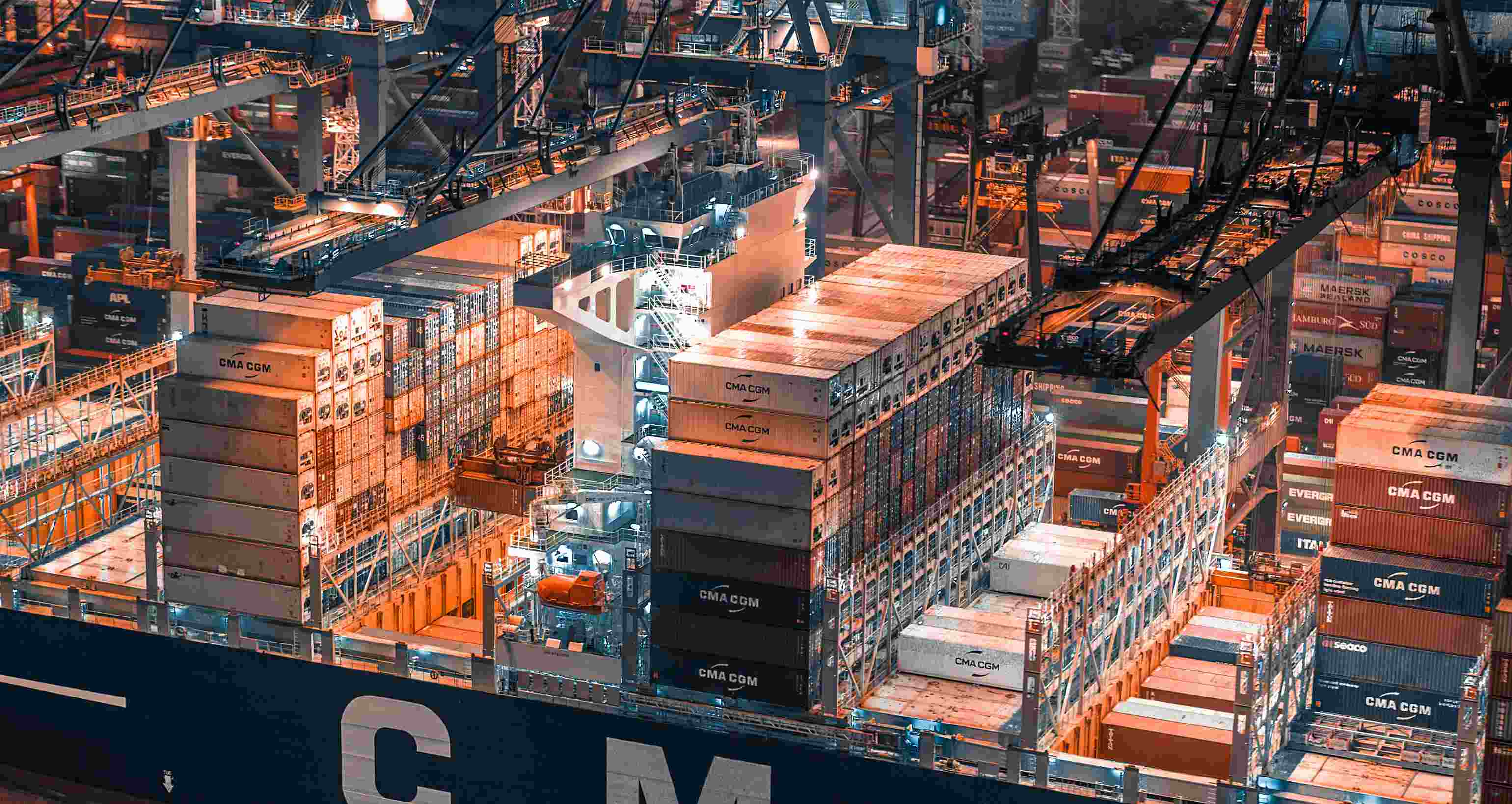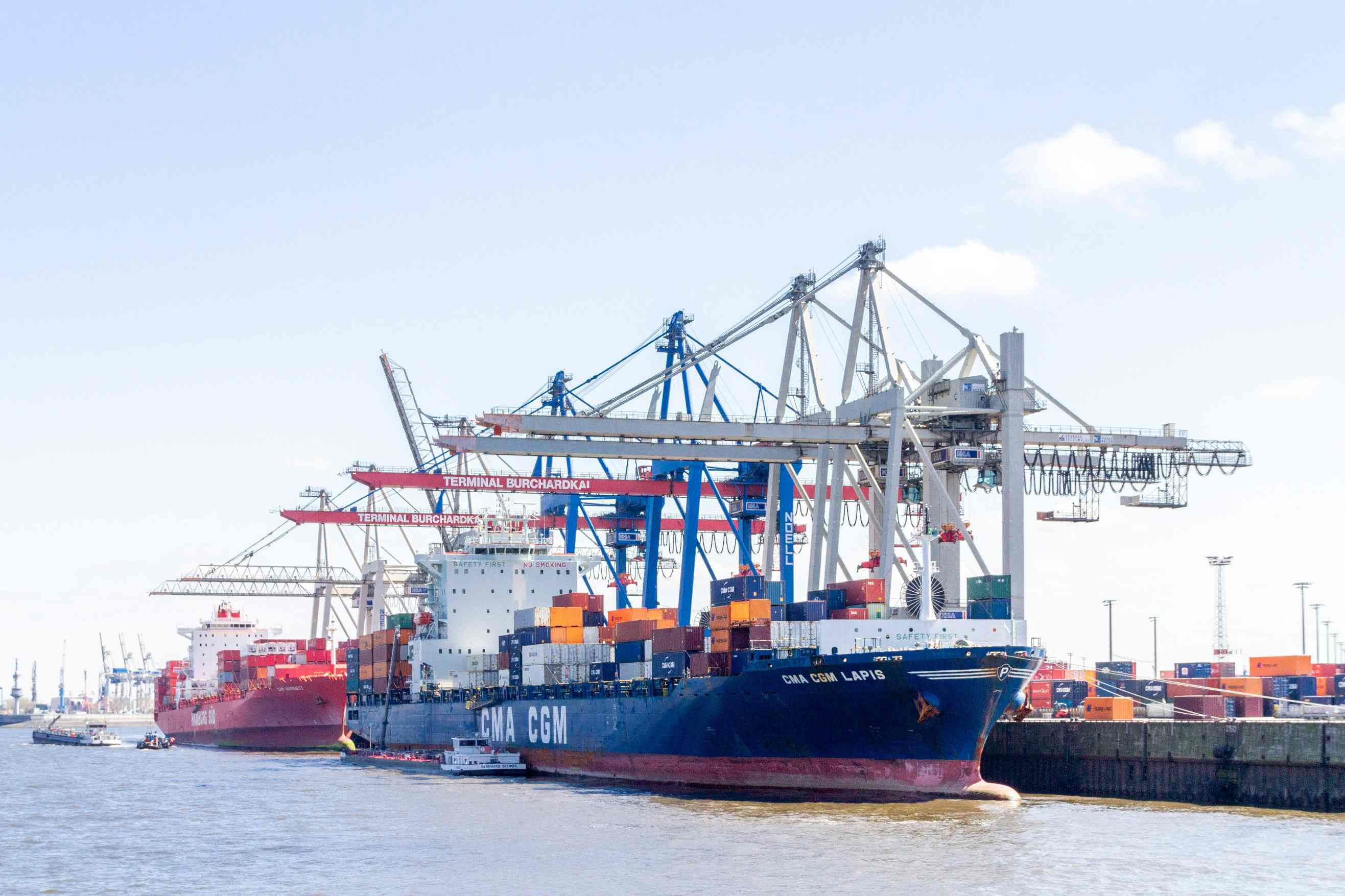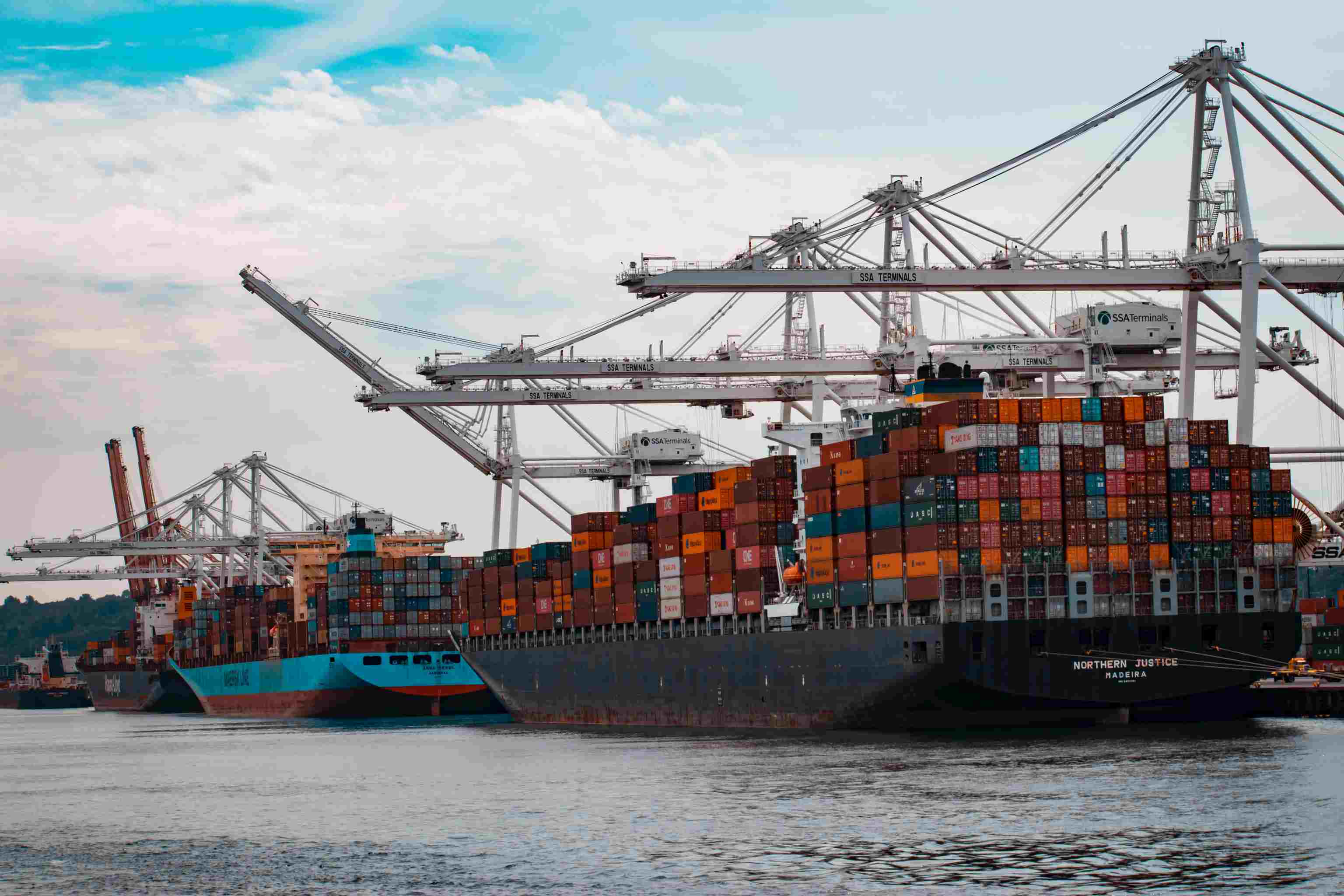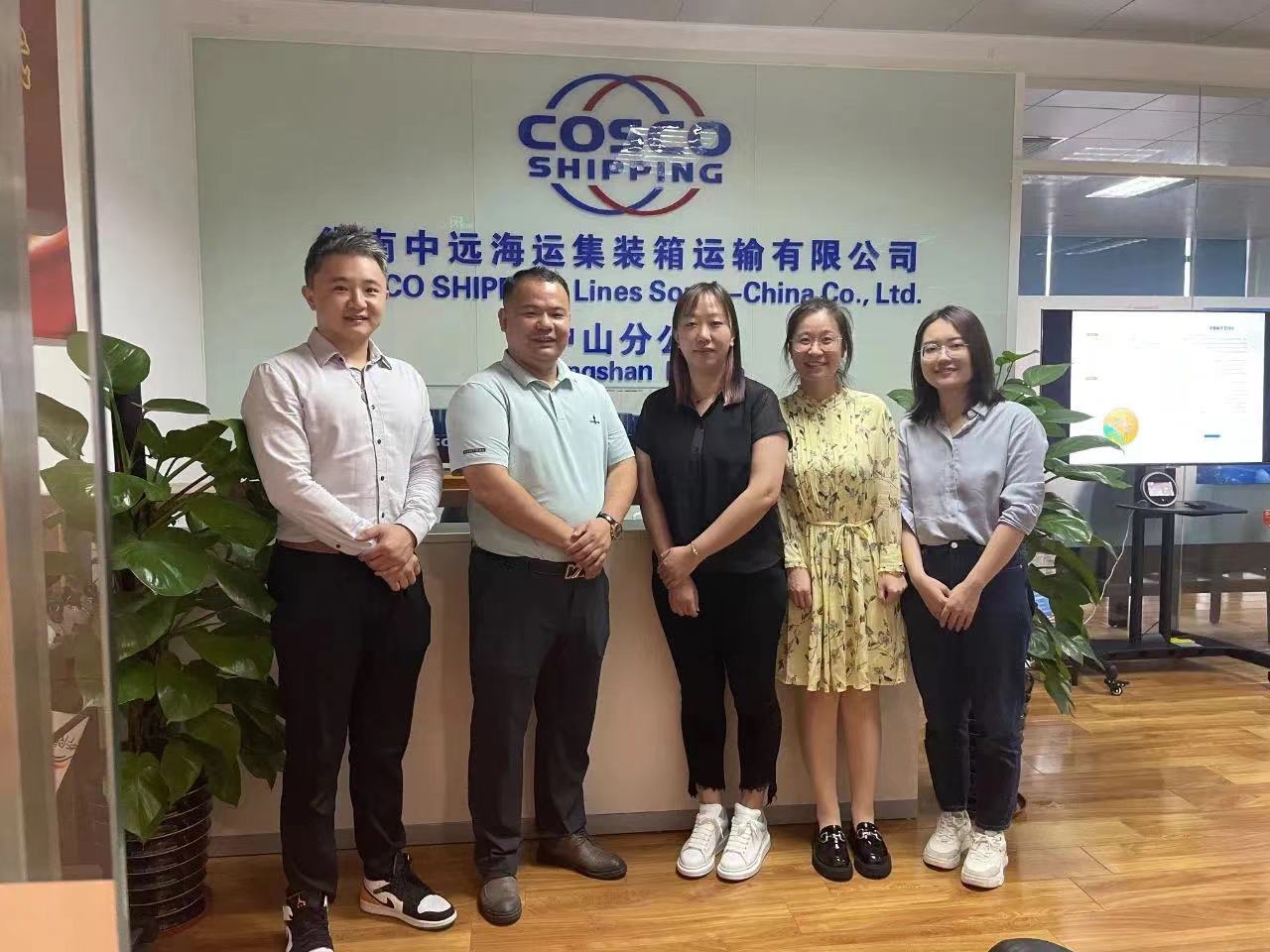Factors Affecting Container Shipping Times and How to Overcome Delays
Introduction to Container Shipping Times
Efficient container shipping is the lifeblood of international trade, facilitating the movement of goods on a global scale. Delays in shipping can lead to increased costs and disruptions throughout the supply chain, impacting businesses of all sizes. The reliability and predictability of shipping times are thus paramount in modern logistics.
Understanding Transit Times
Transit times refer to the duration it takes for cargo to travel from one point to another within the shipping process. These times can vary significantly based on several factors, including the origin and destination of the shipment, the chosen shipping route, and the mode of transportation (sea, air, or land).
Transit times are influenced by a multitude of variables, such as weather conditions, customs procedures, and geopolitical factors. For instance, a direct route between major ports may offer shorter transit times compared to routes that involve multiple transshipments or inland transportation.
Weather and Natural Events
Weather conditions play a critical role in determining shipping times. Adverse weather, such as storms or hurricanes, can lead to port closures and vessel diversions, causing significant delays in container shipments. For example, heavy fog in coastal areas can slow down navigation and affect arrival schedules. Natural events like earthquakes or tsunamis can also disrupt shipping routes, impacting delivery timelines.Port Congestion and Infrastructure
Port efficiency directly affects container shipping times. Port congestion, caused by a high volume of incoming shipments or inadequate infrastructure, can result in lengthy delays. Delays often occur during peak seasons or due to labor disputes, exacerbating congestion issues. Insufficient handling equipment and storage facilities further contribute to delays and bottlenecks in the shipping process.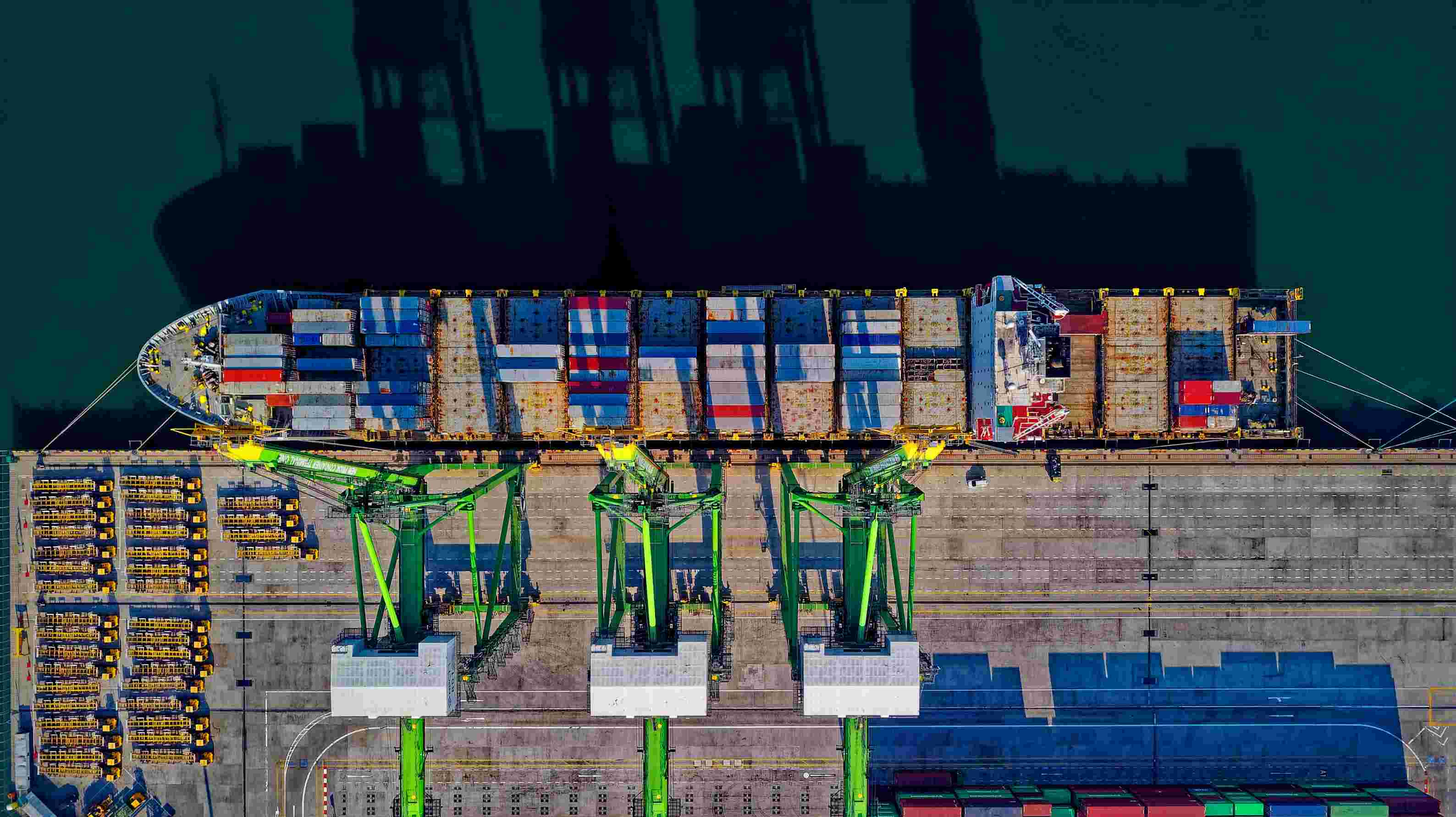
Regulations and Compliance
Shipping times are influenced by regulatory factors and compliance requirements. Adherence to international trade regulations, customs clearance procedures, and documentation standards is essential for smooth transit. Non-compliance can lead to cargo inspections, fines, or even seizures, prolonging shipping times significantly. Proper documentation and compliance management are critical for minimizing delays caused by regulatory issues.Supply Chain Management
Efficient supply chain management is vital for optimizing container shipping times. Delays often stem from disruptions within the supply chain, such as inventory shortages, production delays, or inefficient transportation planning. Implementing robust supply chain strategies, such as inventory optimization and agile logistics, can mitigate these delays and enhance overall shipping efficiency.Future Trends and Innovations
The future of container shipping is poised for transformation with emerging technologies and sustainable practices:Automation in Container Handling: Automated port terminals and smart container systems promise to revolutionize cargo handling, reducing transit times and operational costs.
Predictive Analytics for Shipping Planning: Advanced analytics and machine learning algorithms enable predictive modeling of shipping times, optimizing route planning and resource allocation.
Sustainable Shipping Practices: From green ports to eco-friendly vessel designs, the industry is embracing sustainable initiatives to reduce carbon emissions and minimize environmental impact.
Conclusion
Understanding the factors affecting container shipping times is essential for businesses engaged in international trade. By addressing issues related to weather conditions, port congestion, regulatory compliance, and supply chain management, companies can minimize delays and ensure timely delivery of goods to customers worldwide.For professional freight services that prioritize efficiency and reliability, consider partnering with Haiyuan. Haiyuan is a leading freight agent in China, offering comprehensive shipping solutions tailored to your business needs. Contact Haiyuan today to optimize your container shipping operations and overcome delays effectively.
